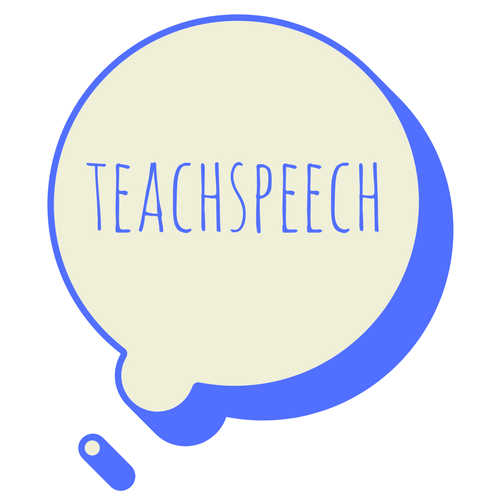“We will now announce the top six competitors in novice extemporaneous speaking.”
I was so nervous. After delivering numerous incoherent speeches rarely exceeding four minutes, I was certain I wasn’t in the top six, even in a field of only twelve. I figured there was no chance I could possibly place higher than fifth or sixth. My heart sunk as I heard the sixth, fifth, and fourth place competitors announced, with my name nowhere to be heard. I closed my eyes, ashamed at my expected failure. “Third place in novice extemporaneous speaking, from Cary Academy, Ben Lipson.” I floated up to the stage with a beaming smile, my teammates cheering me on. Despite knowing that I still had a long way to go, the pride I obtained through that first accomplishment, regardless of how minor it was, motivated me to compete more.
I love competition. I grew up constantly wanting to play sports, board games, video games, card games- essentially anything you can think of. Initially, when I went to tournaments, it was this thrill of competition that drove me. I worked hard, spending hours upon hours preparing for tournaments, and saw modest success. But it wasn’t until my summers at GMIF and CBI and the following years that I truly understood why speech and debate is so special. During my freshman year, primarily competing at local competitions filled with novices and not engaging with others outside of round, I didn’t really realize why so many people committed so much time to speech and debate. However, when I attended camp, surrounded by so many talented, passionate people, my perspective transformed. I realized that people don’t necessarily just participate in this activity because they enjoy competing or because they enjoy winning, but because they truly want to make a difference in their communities. They understand that the skills they gain are crucial to change the world, and that the various topics addressed in their event- whether it be extemp, congress, LD, PF, or one of the many speech events- truly matter.
One of the most impressive things I see in the speech and debate community is people backing up the words they speak with meaningful action. It’s pretty easy to just talk about voting rights or inequalities in education or school safety. In events like congress, I have constantly heard rhetoric about not allowing historical and contemporary marginalization of minorities to perpetuate, about not allowing an individual’s family income to determine their educational opportunities, and about not allowing school grounds to become burial grounds. But no matter how sophisticated much of the rhetoric heard in rounds may be, what impresses me most is how people turn their rhetoric into reality. From the numerous individuals working on political campaigns, to the many people starting non-profit organizations to boost political literacy and activism rates, to the unprecedented movement of solidarity and ensuing call to action following the mass shooting at Marjory Stoneman Douglas, there have been countless times where I have seen rhetoric and words propel into something impactful.
To all current speech and debate competitors and alumnus, please allow the speeches you have heard and the disadvantages you have learned about people facing motivate you to work for those people. Giving a speech to judges and fellow competitors is wonderful, but finding opportunities giving inspiring speeches to others is even more critical to ensure further awareness within the many communities you belong in. Engage in volunteer work with a non-profit aimed at benefiting the populations you speak for in round. To people who haven’t participated in forensics, please do all you can to take part in it or to find similar opportunities engaging more with and learning more about the world around you. You will not regret it.
As my high school speech and debate career has come to a close, although my competitive nature has lived on, I have realized that trophies aren’t the priority. I have forgotten about many of the individual tournaments I have competed in, about individual speeches I have given, even about individual successes and failures. But as my life progresses, I will never forget the friends I have made- the intensely passionate, compassionate, inspiring people who I know will do whatever it takes to create tangible, sensational change in the future.

